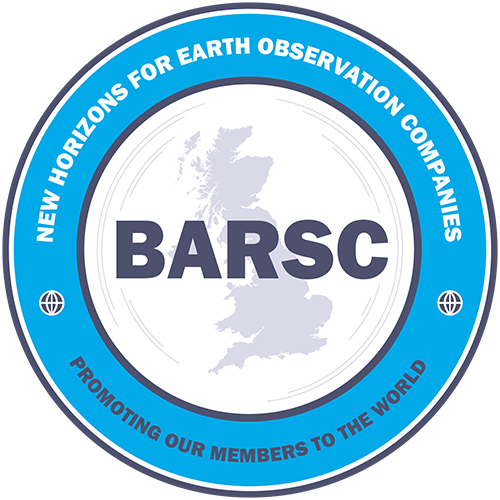The first report on pay in the UK space sector has been published today by the Space Skills Alliance and the Space Growth Partnership’s Space Skills Advisory Panel to coincide with the 2021 UK Space Conference.
You can read it here: spaceskills.org/pay-report.
The survey of more than 1500 people across industry, academia, government, military, and non-profit organisations benchmarks, for the first time, the salaries of people working in the UK space sector.

Key findings:
- These are the first statistics on pay in the UK space sector. They are drawn from the findings of the 2020 Space Census.
- The mean space sector salary is £49k.
- Smaller organisations pay less (£44k) than larger ones (£50k).
- The private sector pays more than the public sector.
- Those in London and the South of England earn £10k more than those in the rest of the UK.
- Salaries increase by £9k for every 5 years of age up until the age of 50, rising from £27k for junior roles to £47k for mid-level roles and £66k for senior ones.
- Upstream jobs pay slightly more than downstream ones. Ground segment manufacturing and operations offer the highest pay at all levels of seniority.
- Those in management and sales earn £10k – £20k more on average than those in technical roles.
- Electronic engineers and computer scientists earn more than physicists and aerospace engineers, reflecting skills shortages identified in previous research.
- Women consistently earn less than men, a gap that widens with age and seniority from £1k in junior roles to £9k in senior ones. There is no evidence of an ethnicity-related pay gap.
- Space is competitive with other engineering sectors but not with the tech sector.
- Pay is not a reason why people join the space sector, but those looking to change jobs are paid £3k less on average than their peers who are happy staying put.
Kathie Bowden, Skills Lead at the UK Space Agency and Skills Champion on the Space Skills Advisory Panel, said:
The UK space sector is a success story with ambitious plans for further growth. From missions to Mars, to understanding climate change or working towards the first satellite launches from UK soil in 2022, all of our great work relies on the right mix of people and skills.
But, as this report shows, there’s more work to be done. We need to invest in people to attract and retain the brightest and best irrespective of gender or background, and UK space sector salaries must be fair and competitive with other high-tech industries.
Craig Brown, Diversity & Inclusion Champion for the Space Skills Advisory Panel, said:
As we work to improve the inclusivity of the space sector, collecting and benchmarking salary data will provide evidence of unfair pay-gaps, as well as help us retain our skilled workforce. These latest findings show that we need to make sure that women are not left behind as they move through their careers
Joseph Dudley, Director of the Space Skills Alliance, said:
This is the first dataset of its kind for the UK space sector, and the findings of our latest report indicate how important it is to continue monitoring pay as the sector continues to grow and mature.
Salaries data is an important indicator of skills shortages, and competitive pay will only become more important as the sector grows and continues to compete with other STEM sectors also facing shortages.
The findings will inform national policy and sector strategy, feeding directly into the Space Sector Council and the UK Space Agency.
Earlier this week the government launched its National Space Strategy which outlines its long-term plans for the UK space sector, including attracting a skilled and diverse workforce and ensuring that careers in space offer exciting and rewarding jobs for thousands.
The Census was carried out between October and December 2020, and was funded by the University of Leicester. The latest report on pay in the space sector was funded by the UK Space Agency and Satellite Applications Catapult.
Further reports will be released in coming months focusing on other aspects of the Census results.

